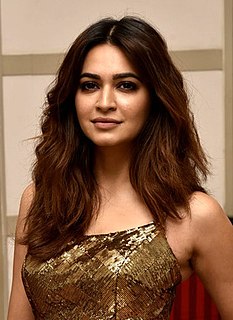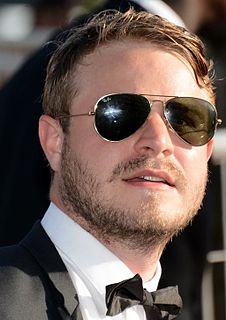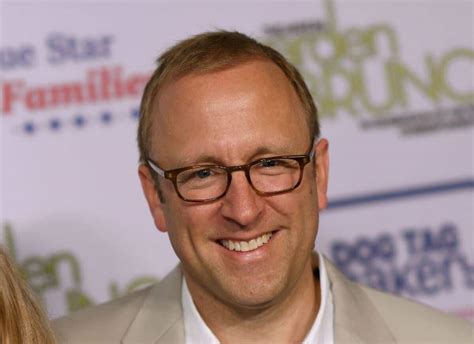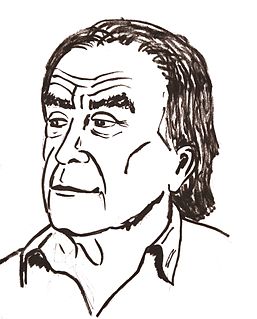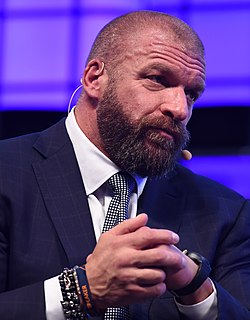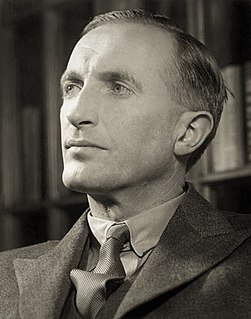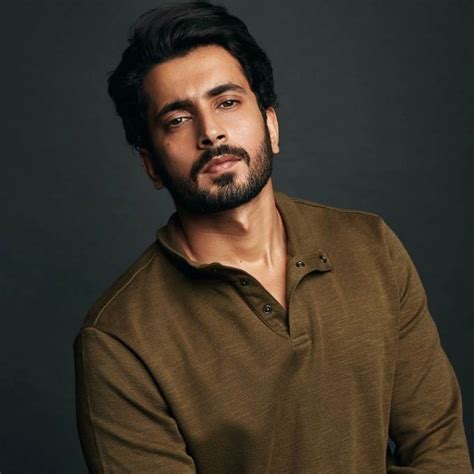A Quote by Kriti Kharbanda
What matters to me as a creative artist is the credibility of the production house, the honesty in the script, and the way the filmmaker has conceived the characters in the narrative.
Related Quotes
Because for me to go fully experimental, it would turn into an artist book actually. And I'm not opposed to that. But I wanted to toy with the conventions of traditional narrative and sometimes to do that all the way, you have to actually utilize traditional narrative, I think - or it's one way to do it.
"The way I feel about music -- any song, any style -- is that there is no right and wrong, only true and false. If the music and lyrics are conceived out of honesty and if the production of the song goes along with its original message, then what has been expressed is art, regardless of what anyone's opinion is of it. So things are a lots impler if you just tell the truth.
Cinema is the most challenging art form that you as an artist can create. It's easier to paint a painting because you're very alone. You just have the canvas in front of you and then you do stuff. I'm not saying it's easy to paint, but it's a solitary thing. Whereas movies combine so many different things from pre-production to production, sound design, production designing, leading, organizing, while still being creative.
There's the instability of my attitude as an artist, the instability of our perception of the world, and the idea that with this mix, you never know exactly what's the point of view of the filmmaker. This breaks the stability of the belief that a filmmaker is somebody who has a logical relationship with his own material. These elements create this atmosphere that I find more interesting than a normal atmosphere, based only on the characters.
I read a blog about this young filmmaker in the Philippines who made a short film, and one of the characters in the film reads my novel and then starts discussing the novel with someone. The idea that my book can inspire another artist and be part of that other artist's work... that's the reason I write.
I guess the wildcard here is Terrence Malick. He supervised me while I was writing the script for Beautiful Country, and he is a genius, although not always easy to follow. What I learned from him is that the narrative can be tracked through all kinds of scenes, that the strong narrative thread is not always the one that is most obvious. Creating narrative with Malick was a bit like chasing a butterfly through a jungle. This approach to narrative is fun and complicated, something that makes the process of writing constantly interesting to this writer.
